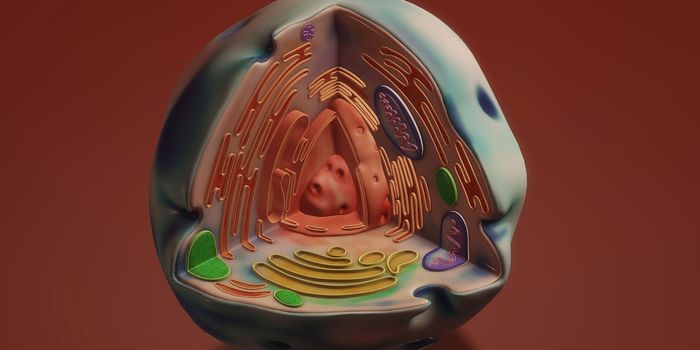How Genetics Can Inform Our Understanding of ADHD
Scientists have discovered that in cases of attention-deficit hyperactivity disorder (ADHD), African-American patients and patients of European ancestry may have different underlying genetic causes. These genetic differences may also have a significant influence on how ADHD patients respond to treatment. The research has been published in Scientific Reports.
Previous work has suggested that ADHD is affected by variations in the genome that alter the three-dimensional structure of the genome. These studies have primarily focused on the regions of DNA that code for protein, and have mostly utilized data from volunteers of European ancestry. Researchers from the Children's Hospital of Philadelphia (CHOP) wanted to take a fresh approach to investigate the genetics of ADHD.
"We felt as though prior studies of ADHD from a genomic level were not telling the entire story because of whom they were leaving out and what they were studying," said the senior author of the new study, Hakon Hakonarson, M.D., Ph.D., Director of the Center for Applied Genomics (CAG) at the CHOP Research Institute. "Given the large number of African American individuals we have recruited into our studies, whose genomes are fundamentally more complex than those of European ancestry, we wanted to see if comparing the coding and non-coding regions of the genome in those of African American and European ancestry could help us pinpoint areas of focus for future research efforts."
In this study, the researchers obtained whole-genome sequence data from 875 participants; of those, 205 had been diagnosed with ADHD, and 670 were unaffected. This cohort included 116 African American ADHD patients and 408 individuals without ADHD. They were looking for small differences that can change as little as one letter in the sequence of the genome. These variants are called single nucleotide polymorphisms.
This study confirmed some of the previously-identified structural variants that are linked to ADHD, as well as revealed 40 new structural variants that were only present in ADHD patients. There was a cluster of these variants in non-coding portions of part of the genome that is related to the function of brain cells and is involved in the development of ADHD.
This work will help to add to the racial diversity in genomic studies, something that many researchers know is lacking, and should be addressed. The results show how important it is to include a diverse group of research participants when looking for small changes in the genome that can affect health and disease. The ADHD-associated genes identified in this study were not shared by people of African American and European ancestry; only six percent of the genes that carried single-base pair changes linked to ADHD were the same in people of African American or European ancestry.
"Whole-genome sequencing appears to be a valuable discovery tool for studying the molecular mechanisms behind ADHD," Hakonarson said. "Additionally, the inclusion of African Americans, coupled with the study of non-coding regions of the genome, identified several structural variants that warrant further study, as they may impact both susceptibility to ADHD and how patients respond differently to therapeutic intervention."
Sources: AAAS/Eurekalert! via Children's Hospital of Philadelphia, Scientific Reports








